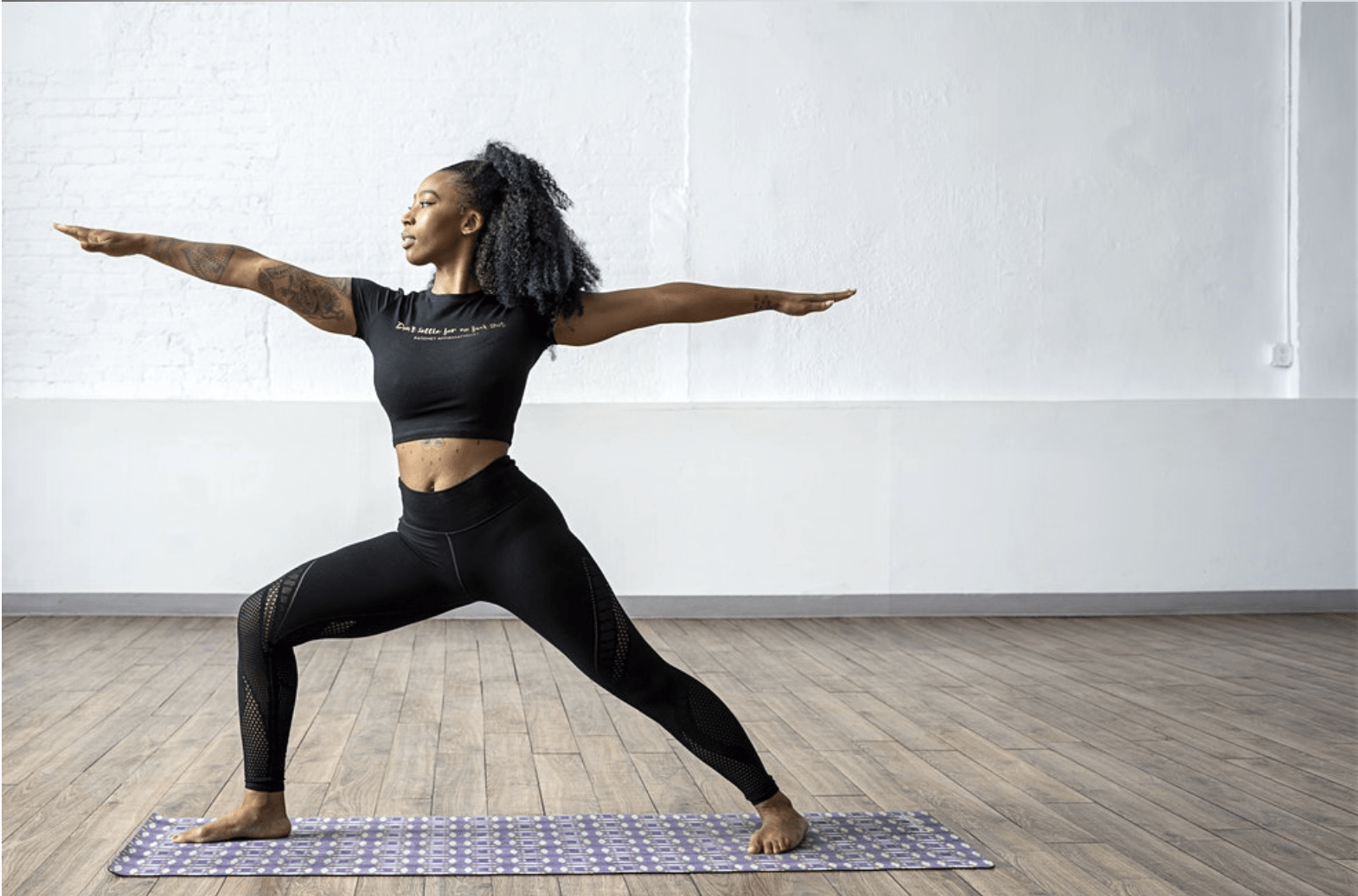By the time quarantine is over — whenever that may be — would you rather be able to brag about watching all five seasons of Outlander or finishing all 1,079 pages of David Foster Wallace’s notoriously lengthy and complex tome, Infinite Jest? The good news is that you’ll have time to do both. The other good news? You won’t have to do one of them alone.
In the wake of the coronavirus pandemic, as necessity has continuously led to new inventions and fresh ideas, a number of virtual book clubs, author lectures, and literary discussions have cropped up as unique ways to bring readers together. With millions of people stuck indoors, businesses shuttered, events cancelled, and boredom prevailing worldwide, these newfangled digital gatherings have emerged as stimulating and cost-friendly ways for readers to pass the time and benefit from a little human interaction.
You can find them all over the web — a mixed bag of Soundcloud podcasts, Zoom conferences, Instagram Live videos, Twitter posts, and blog articles. They’re mostly free or low cost, put together largely as a means of connecting others and fostering community around a shared interest during these strange and isolating times. Though unintentional, the social pressures they create to actually read, let alone finish a book, don’t hurt either. If ever you’ve needed a nudge to pick up a novel, there’s nothing like the collective support of others to help you get through it.
Seattle’s alternative weekly newspaper The Stranger recently kicked off its Quarantine Club with The Plague by Albert Camus, dividing the book into five parts. Each week, fresh batches of discussion questions are posted on the newspaper’s website with readers using the comments section to answer them and start conversations. If War and Peace has been on your to-read list forever, there’s a new virtual book club started by the novelist Yiyun Li that is currently slogging through it. Called Tolstoy Today, it chronologically plucks out one passage from the book per day and posts it on Twitter and Instagram for readers to analyze and think deeply about.
And even if you don’t want to read, that’s OK because digital literary gatherings are also just that: gatherings. With the Quarantine Book Club, a new virtual club that uses Zoom — a video platform that has skyrocketed in popularity since shelter-in-place orders — you don’t have to be in the same room with others physically to still feel that measure of interaction and togetherness.
Started by Erika Hall and Mike Monteiro — who, under normal circumstances, run a design studio in San Francisco, California — Quarantine Book Club has already hosted more than 30 events since its launch on March 12th. Featuring works by an eclectic array of authors and designers, the events function mostly like casual Q&As between writers and their attendees. Each one is moderated by Hall, who vacillates between asking questions of her own, reading those submitted by viewers, or letting audience members ask them directly.
“We sort of mushed it together like a Reese’s peanut butter cup and were like, OK, this works,” Hall said of the club which they constructed on the fly after coronavirus led to cancellations in their calendar. Through the Quarantine Book Club — which costs $5 to attend or nothing if you have the easy-to-access code — Hall and Monteiro have at least found a way to keep busy.
Anyone who’s been to an author’s lecture can understand the joy of being able to see a favorite writer up close and in-person — that is, if the room isn’t too packed. With virtual literary events, like Quarantine Book Club, you’re guaranteed a perfect view of them on the computer screen in front of you.
What’s more: the authors can see you back. You’re not just an anonymous face looming in the crowd; you’re now an anonymous face-in-a-box on a screen filled with more faces-in-boxes. If there’s an author whom you’ve always had a burning question for, Quarantine Book Club is your best shot at getting it answered.
But you can also just listen and observe the other bibliophiles who have tuned in for the event, too, as they nestle in front of screens in their homes dressed in collegiate sweatshirts or donning headphones, sipping from ceramic mugs or forgetfully wiping their noses with their sleeve.
At the end of March, at a Quarantine Book Club event in which the essayist Megan Stielstra spoke about both her writing and these crazy times, an elderly woman watched raptly from a recliner with her hands clasped beneath her chin, while a toddler in the next video box over, sat on its parent lap and slurped from a bottle of milk. Some attendees watched from their beds, reclining against headboards plastered with cut-outs of football players. Others appeared to be streaming from literal log cabins.
The candid aspects of Quarantine Book Club — the glimpses you get into the homes and lives of the famous people whose books are being discussed, as well as the readers who have tuned in — are also fun. You might notice that an author prefers desk lamps to overhead lighting, that they have an embarrassingly messy desk, or that they own a stupidly cute dog.
“With most people, it’s really bringing to the fore and emphasizing that these people who write books, they’re stuck in their houses, too,” Hall said.
For instance, when the graphic designer and art critic Michael Beirut conducted a Quarantine Book Club talk in his Manhattan apartment at the end of March, the privilege of being able to see the interior of his home was not lost on viewers.
“There were so many designers watching and they were so excited,” Hall said. “So the whole last 10 minutes was just [Beirut] pulling out books from the bookshelf behind him and talking about the ones that were meaningful to him. It was really cool. You can really feel this human connection being satisfied.”





